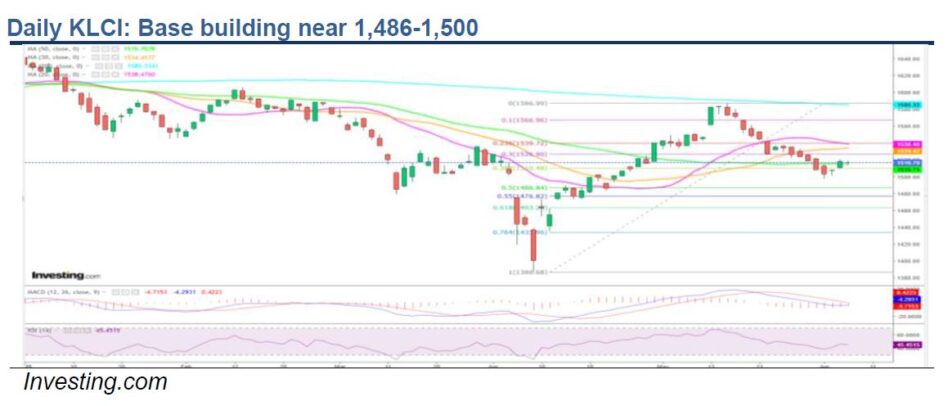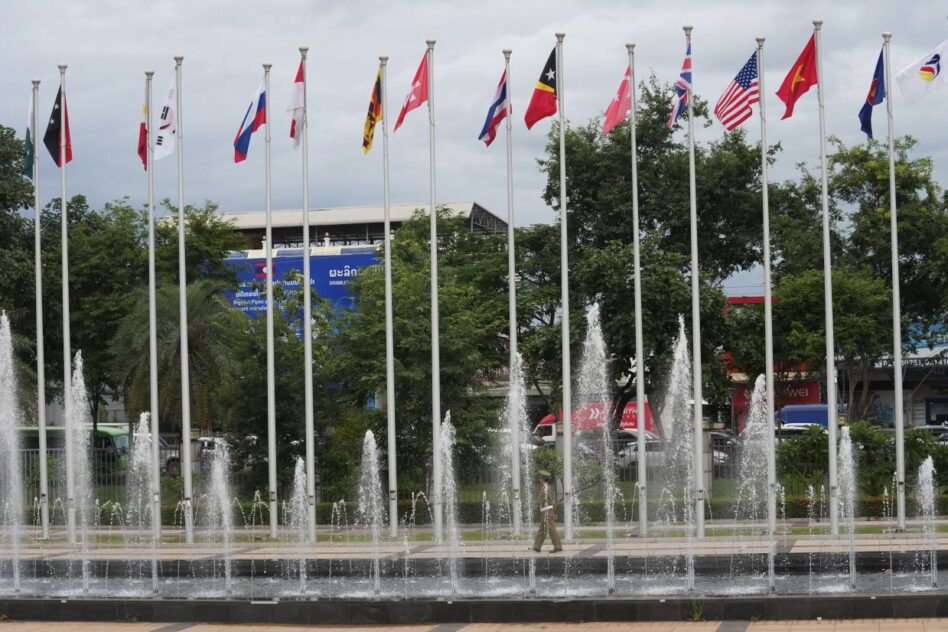AHEAD of the key US non-farm payrolls data, most Asian markets closed mixed as investors assessed the potential impact of the Trump-Musk fallout on the US economy.
Sentiment remained cautious, with market participants awaiting further signals from ongoing trade negotiations between the US and its major trading partners, seen as pivotal to revitalising the slowing global economy.
The Dow climbed 443 points to 42,762, buoyed by stronger-than-expected May nonfarm payrolls, which helped ease recession concerns.
Optimism was further lifted by Trump’s announcement of renewed US-China trade talks on 9 June, raising hopes for a potential breakthrough.
In tandem with the mixed regional markets and persistent foreign net outflows, the KLCI lost 1.3 points to 1,516.8 (+8.5 points WoW) after rising 14.8 points in two days.

Foreign investors turned net sellers for a 3 rd consecutive week alongside local retailers. Meanwhile, local institutions emerged as net buyers for a third straight week.
With technical indicators showing signs of recovery, the KLCI is poised to challenge the 1,519 level.
A breakout could pave the way towards 1,534 (30-day MA), 1,539 (23.6% FR), and stronger resistance at 1,558 (30-week MA).
Following a constructive Trump-Xi call last week and the start of the second round of US-China trade talks in London today, the KLCI may continue to trend sideways with an upward bias.
That said, broader market sentiment remains cautious amid persistent foreign outflows, pending clarity on the US-Malaysia tariff deal, and June’s historically weak seasonality (10Y/20Y average returns: -1.3%/-0.4%).
Concerns are further amplified by a weakening global trade environment, ongoing macroeconomic headwinds, the Trump administration’s unpredictable trade stance, and the potential for domestic subsidy rationalisation in the second half of 2025, all of which may cloud Malaysia’s growth and earnings outlook. —June 9, 2025
Main image: Getty Images









